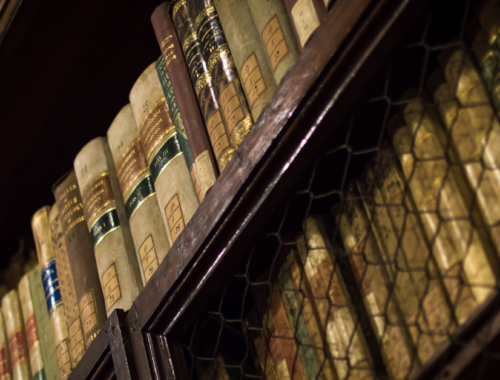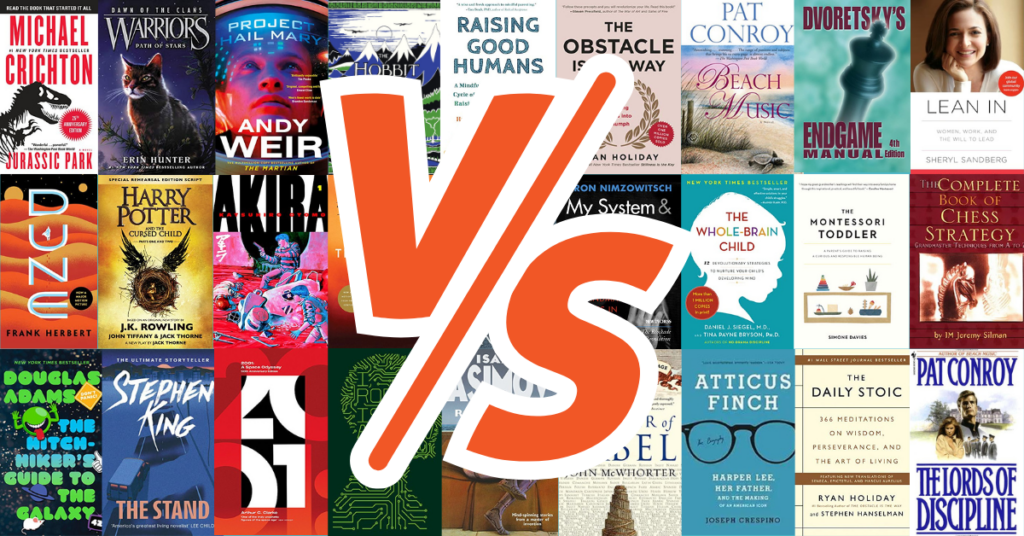
Imagine reading about the mystery of a Maryland town in 1988 through Chasing the Boogeyman by Richard Chizmar. This book blurs the lines between a gripping horror story and a true crime tale. It feels so real that you might find yourself checking if it’s a story or something that happened.
The author, inspired by his own life and the eerie events in his hometown, created a story that sits somewhere between fiction and reality.
This is where the lines get blurry. Is it a novel or a recounting of true events? Where is the difference between fiction vs nonfiction?
Today, we’re clearing up the confusion. We want to show you what sets these two genres apart and where they sometimes overlap. Understanding this can help you pick your next read or help you figure out in which library aisle you can find the book you’re looking for.
In this blog, you will find the most common literary genres explained.
What is Fiction and What Are Some Examples of Fiction Genres?
So, what is fiction? Fiction is a story that an author makes up. It’s about creating things that don’t exist — these could be people, places, or events — but that still seem real when you read about them. When you look at the bestseller lists (like those you might find on BookScouter), you will find a wide range of fiction books.
In fiction, many different types of books and stories can be told. They each offer their kind of adventure. Here are a few examples:
- Speculative Fiction: This genre makes you think about “what if” scenarios and explores alternate realities and futures.
- Historical Fiction: Brings the past to life in a completely new way. Historical fiction books allow readers to experience different eras and historical events through the lens of engaging characters.
- Science Fiction:Science Fiction Books explore futuristic concepts, scientific discoveries, and space exploration and often question the impact of technology on society.
- Fantasy: Fantasy books unleash the imagination with magical elements, mythical creatures, and worlds where anything is possible.
- Mystery/Thriller: Mystery novels keep you on the edge of your seat with suspenseful plots, puzzles to solve, and unexpected twists.
No matter what, these stories show just how creative writers can be and how they can take us on trips to places that can be either completely out of this world or offer a new look at our own world.
 |
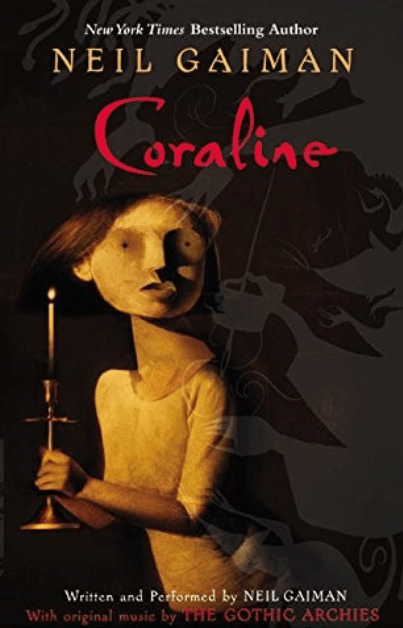 |
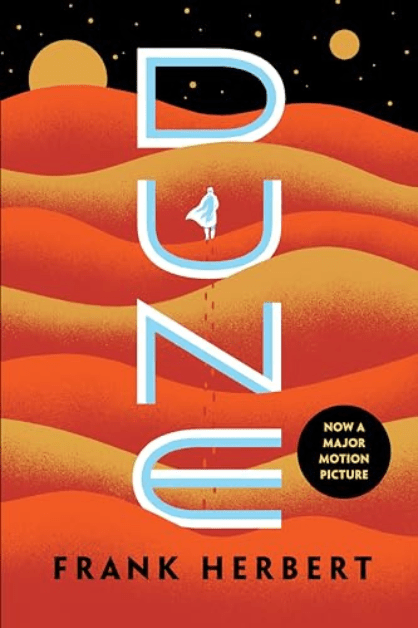 |
 |
What is Nonfiction and What Are Some Examples of Nonfiction Genres?
Now, on the other hand, what is nonfiction? Nonfiction grounds us in reality and offers a lens through which we can view the true facets of our world. It adheres to facts and covers relevant people and places. Nonfiction stories or books can range from analyses found in academic works to interesting stories of creative nonfiction. This genre can include:
- Memoirs: Personal accounts of one’s life experiences that offer insights into the author’s challenges, triumphs, and journeys.
- Biographies: Detailed descriptions of other people’s lives that provide a thorough look at their life events, achievements, and impacts on society.
- Essays: Shorter pieces exploring a wide range of topics – from personal reflections to critical analyses – often present the author’s point of view.
- Journalism: Reporting on news and events that present facts about the world around us in a factual and often investigative manner.
- Academic Works: Scholarly articles and books that go into specific subjects – supported by research and evidence.
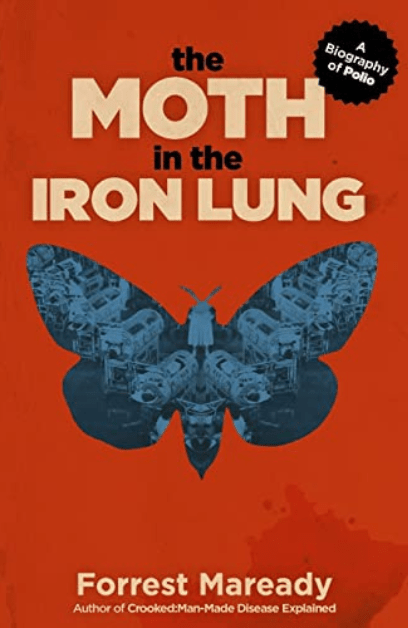 |
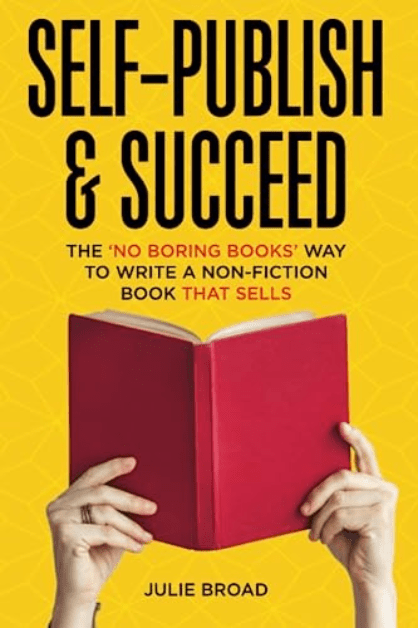 |
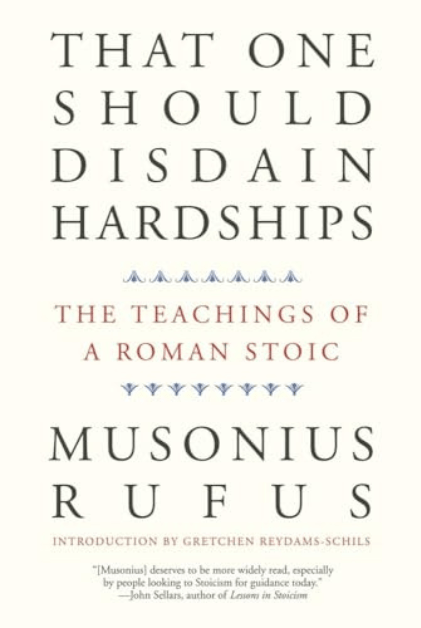 |
 |
Hybrid Genres: When Fiction Meets Nonfiction
Now that we’ve clarified the difference between fiction and nonfiction, you might still have a question: Is there a place where fiction meets nonfiction, and is there such a thing as hybrid genres or a mix of both?
Well, first of all, there is a fascinating sub-genre that combines nonfiction’s adherence to facts with the storytelling techniques used in fiction: it’s called creative nonfiction. It is technically nonfiction but uses narrative flair, character development, and greater thematic depth than usual nonfiction. Authors in this style try to engage readers and transform dry facts into compelling stories.
There are also definitely stories that captivate us with the allure of a true story and the charm of creative storytelling. Some authors have created stories that combine factual events with the suspense and depth of a novel.
A good example is Truman Capote’s book In Cold Blood, a classic example of this type of novel. There are works like Educated by Tara Westover, where the memoir captivates readers with storytelling that seems like a novel while technically being nonfiction.
There is a trend toward hybrid genres because these types of works challenge our perception of reality and imagination, which can be fascinating for readers to explore.
While these hybrid genres are exciting and attractive for readers, this blend also comes with challenges. This is especially true when categorizing books and setting reader expectations.
So, the question remains: Is a story with a factual background but with creative additions fiction or nonfiction? The line blurs here, but that could be part of what makes these hybrid genres so fascinating and powerful. We might even see more and more of these hybrid genres becoming book bestsellers shortly – especially with the current interest in true crime and fiction being blended.
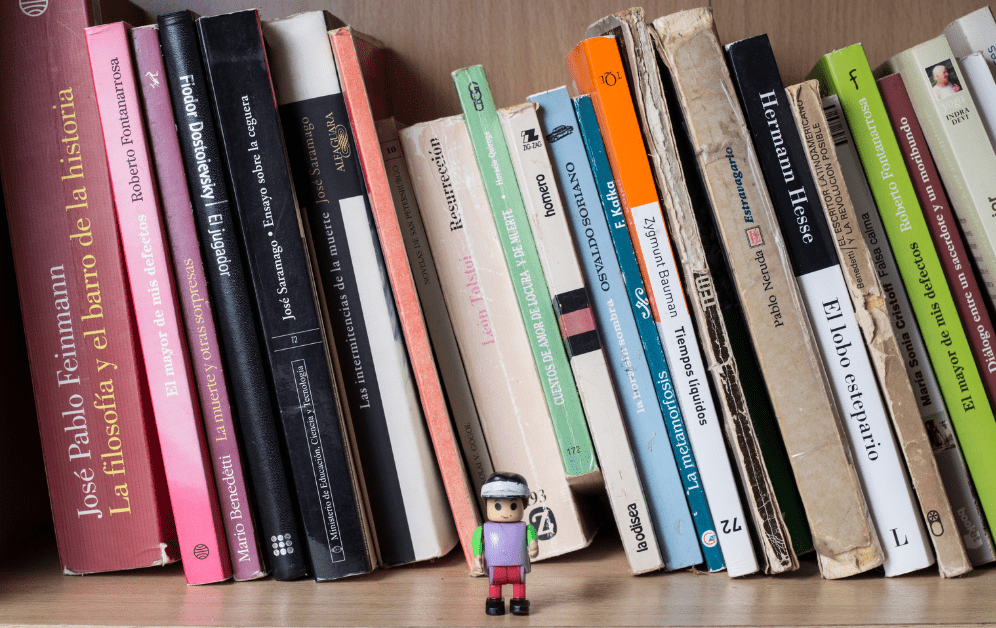
Choosing Between Fiction and Nonfiction – What Should You Read Next?
When deciding between fiction and nonfiction (and what you want to read next), it can sometimes feel like choosing between two completely different worlds. We have gathered a few tips to help you decide what your next read should look like:
- Think about your mood and interests. Are you currently trying to escape into a completely different universe, or are you interested in insights into the real world?
- Make use of book apps. Discover what to read next by using the right tools that can make it easier for you. Book apps can offer many great book recommendations for fiction and nonfiction lovers tailored to your tastes and reading history.
- Match your reading to your curiosity. If a recent news story or a specific historical event has captured your curiosity, then nonfiction might satisfy your thirst for knowledge. On the other hand, if you crave a story that can transport you into another world, then fiction is your best bet.
Exploring Worlds Through Books: Fiction vs Nonfiction
There are so many great fiction and nonfiction books that can show us different parts of the real world or imagined worlds. While there are differences between fiction and nonfiction, both genres can enrich our lives, broaden our perspectives, and deepen our understanding of the human experience.
The choice of choosing fiction or nonfiction for your next read is up to you, but our recommendation is not to limit yourself to only one literary genre but rather to explore as many different types of stories as possible.
Hopefully, we’ve answered your questions about the differences between fiction and nonfiction and may even introduce you to some new information, like the hybrid genre of creative nonfiction.
Every book has a unique story, so why not explore as many as possible?



